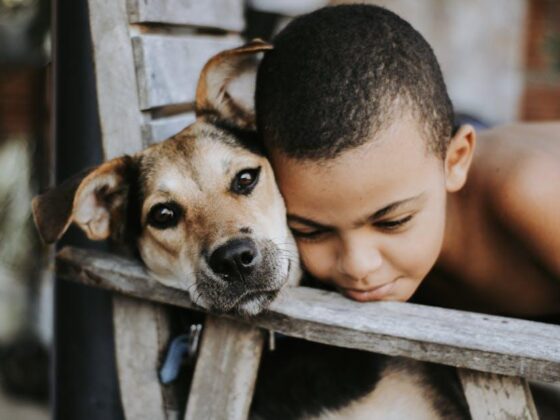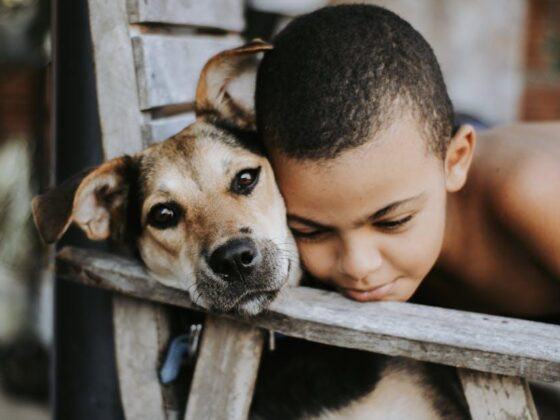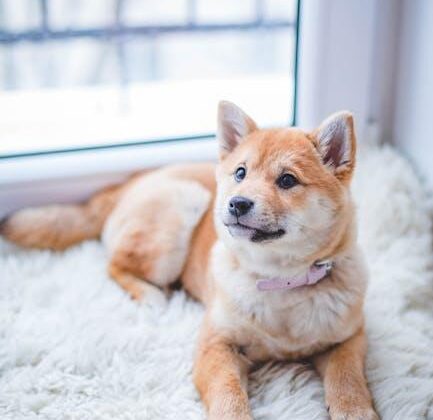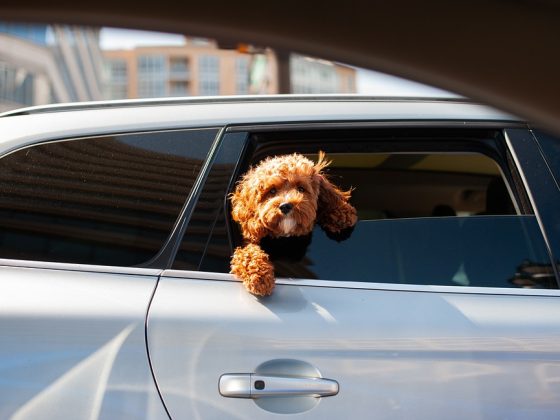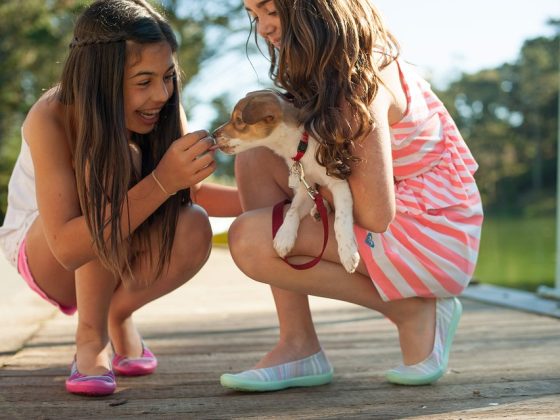Bringing a new puppy into your home can be an exciting and rewarding experience. However, caring for a new puppy can also be overwhelming, especially for first-time pet owners. To help you provide the best care for your new furry friend, we have put together a step-by-step puppy care guide. From crate training to grooming, this guide will cover everything you need to know to ensure your puppy grows up healthy and happy.
Step 1: Puppy-proof your home
Before bringing your new puppy home, it's important to puppy-proof your home to ensure their safety. Remove any toxic plants, household cleaners, and small objects that your puppy could chew on. Make sure electrical cords are out of reach and secure any loose items that your puppy could potentially swallow. Creating a safe environment for your puppy is crucial in preventing accidents and injuries.
Step 2: Set up a cozy space for your puppy
Create a comfortable and cozy space for your puppy to rest and relax. This could be a crate, bed, or designated area in your home. Providing your puppy with their own space will help them feel secure and give them a sense of belonging in their new environment.
Step 3: Establish a routine
Puppies thrive on routine, so it's important to establish a consistent schedule for feeding, potty breaks, playtime, and training. This will help your puppy adjust to their new home and make training easier. Be sure to stick to the schedule as much as possible to provide your puppy with stability and structure.
Step 4: Socialize your puppy
Socialization is crucial for puppies to develop proper behavior and become well-adjusted adults. Expose your puppy to different people, animals, and environments to help them build confidence and prevent anxiety. Puppy socialization classes are a great way to introduce your puppy to new experiences in a controlled environment.
Step 5: Start basic training
Basic training is essential for teaching your puppy good manners and building a strong bond with them. Start with simple commands like sit, stay, and come, and use positive reinforcement techniques such as treats and praise to reward good behavior. Consistency is key in training, so be patient and stick to a training routine.
Step 6: Feed your puppy a balanced diet
Proper nutrition is essential for your puppy's growth and development. Choose a high-quality puppy food that is appropriate for your puppy's age, size, and breed. Make sure to follow the feeding guidelines on the food label and monitor your puppy's weight to ensure they are getting the right amount of food.
Step 7: Exercise your puppy
Regular exercise is important for keeping your puppy healthy and happy. Take your puppy for daily walks, play fetch, and engage in interactive games to keep them active and stimulated. Exercise also helps to prevent behavioral issues like boredom and excessive energy.
Step 8: Groom your puppy regularly
Grooming is an important part of caring for your puppy's health and hygiene. Brush your puppy's coat regularly to prevent mats and tangles, and trim their nails to avoid discomfort or injury. Bathe your puppy as needed, using a gentle shampoo that is suitable for their skin type.
FAQs:
Q: How often should I take my puppy to the vet?
A: Puppies should receive a series of vaccinations and regular check-ups with a veterinarian to ensure they are healthy and up to date on preventive care. In general, puppies should visit the vet every 3-4 weeks until they are about 16 weeks old, and then once a year for annual check-ups.
Q: How can I potty train my puppy?
A: Potty training takes time and patience, but consistency is key. Take your puppy outside frequently, especially after meals and naps, and reward them with treats and praise when they go potty outside. Supervise your puppy indoors and watch for signs that they need to go outside, such as sniffing or circling.
Q: How can I help my puppy adjust to being alone?
A: Separation anxiety is common in puppies, so it's important to help them adjust to being alone gradually. Start by leaving your puppy alone for short periods of time and gradually increase the duration. Provide your puppy with toys, treats, and a cozy bed to keep them occupied while you are away.
In conclusion, caring for a new puppy requires time, dedication, and patience, but the rewards of a loving canine companion are well worth the effort. By following this step-by-step puppy care guide, you can provide your puppy with the best start in life and ensure they grow up to be happy and healthy. Remember to always consult with a veterinarian for specific advice on caring for your puppy's individual needs.





